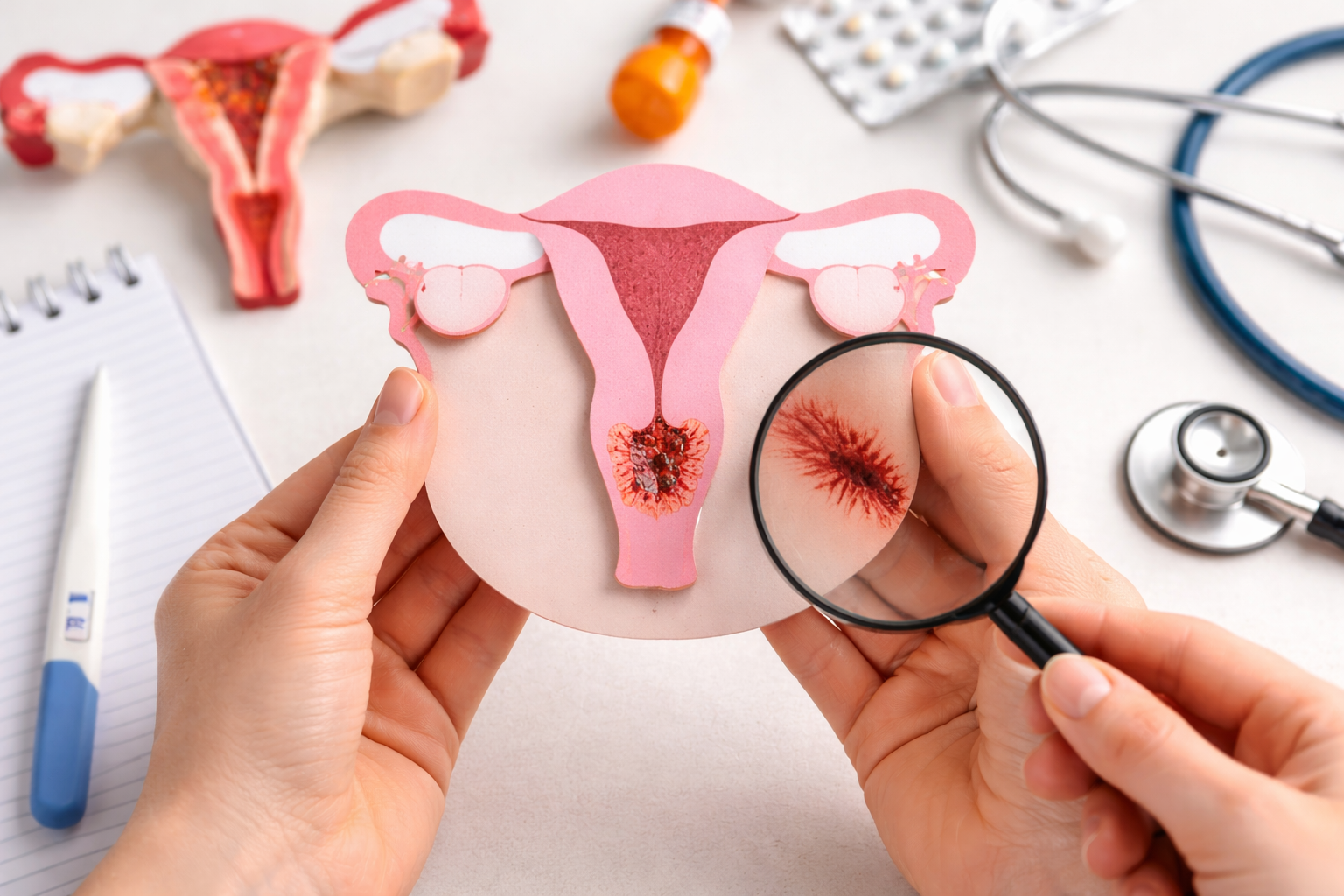Best IVF Clinic in Thane
Home » Laser Assisted Hatching in Thane | Improve IVF Implantation Success – Ova Fertility and Women Care
Laser Assisted Hatching Treatment in Thane
Hatching is a crucial step in the process of implantation. Usually the embryos are protected by an outer covering or shell called the Zona pellucida. At the time of implantation, the zona thins out and the embryo hatch out of the shell and adhere to the womb. One of the reason for repeated IVF failure could be due to failure of the embryos to hatch out of the shell.
What is Assisted Hatching?
Assisted hatching is a laboratory procedure, which involves either thinning or drilling a hole in the outer shell Zona pellucida. It is done prior to embryo transfer either in the early stage of embryo development (on day 3), when they are in 6-8 cell stage or on Day 5 when they are in blastocyst stage.
Methods of Assisted Hatching:
- Mechanical
- Chemical (Acid Tyrode)
- Enzyme (Pronase)
- Laser
Is Assisted Hatching mandatory for all?
Current research studies shows that there are no evidence of benefits in general patient population but beneficial in certain cases like:
- Advanced maternal age (≥38 years)
- High FSH levels
- When the Zona pellucida is thick (>10 µm)
- Repeated Implantation failure (Usually 3 or more IVF/ICSI cycles)
- Frozen Embryo transfer cycles
- Poor prognosis embryos (where the energy levels for normal hatching may be insufficient)
Is Laser Assisted Hatching harmful?
When compared to other methods, Laser assisted hatching is a safe method and does not harm the embryos. It creates hole in the outer shell and thereby improve the chances of implantation.
Studies have shown that Assisted Hatching improves overall implantation rate and pregnancy rate in selected group.
Related Searches:
Infertility Treatment in Thane, Intrauterine Insemination (IUI) Treatment in Thane, IVF Treatment in Thane, Pre-Implantation Genetic Testing in Thane, Blastocyst Culture And Transfer Clinic in Thane, Egg/Sperm/Embryo Cryopreservation Freezing, Endoscopy In Fertility Treatments, Pregnancy Care, Birthing, Ultrasound In Pregnancy, High Risk Pregnancy Treatment Care With ICU Facility, Laparoscopic Surgery, Hysteroscopic Surgery, Menopause, Puberty Adolescence Treatment, Oncofertility, Male Infertility Treatment in Thane, best ivf hospital, ivf specialist, ivf doctor in thane, fertility treatment in thane, dr. snehal kohale ivf specialist
Fertility Treatments
- Approach To Infertility
- IUI
- IVF-ICSI
- Male Infertility
- Pre-implantation Genetic Testing (PGT)
- Blastocyst Culture and Transfer
- Laser Assisted Hatching
- Egg/Sperm/Embryo Freezing
- Donor Egg Donor Sperm Donor Embryo and Surrogacy Treatment
- Need of Endoscopy in fertility treatments
Let's Meet Up
contact
Our Latest Articles

Symptoms of Low AMH: Signs Linked to Low Ovarian Reserve
Symptoms of low AMH in women often appear quietly and are easy to miss. Many women feel completely normal until they start planning a pregnancy or face difficulty conceiving. Anti-Müllerian Hormone (AMH) is one of the most important fertility markers because it reflects a woman’s ovarian reserve, the number of

NT Scan in Pregnancy: What It Is & Why It Matters
Introduction: That First Trimester Mix of Joy and Questions The first trimester of pregnancy is often a quiet storm of emotions. There is excitement, of course the joy of seeing two lines on a test, the first ultrasound heart but there is also anxiety. Every expecting parent wonders the same

Can Scar Endometriosis Affect Fertility? Educate Yourself
Scar endometriosis is not a common condition, but when it happens, it can raise many questions especially about fertility. Women often notice pain or a lump near a surgical scar and don’t connect it to reproductive health. Some ignore it for years. Others worry silently about whether it can affect





 No need to worry, your data is 100% Safe with us!
No need to worry, your data is 100% Safe with us!